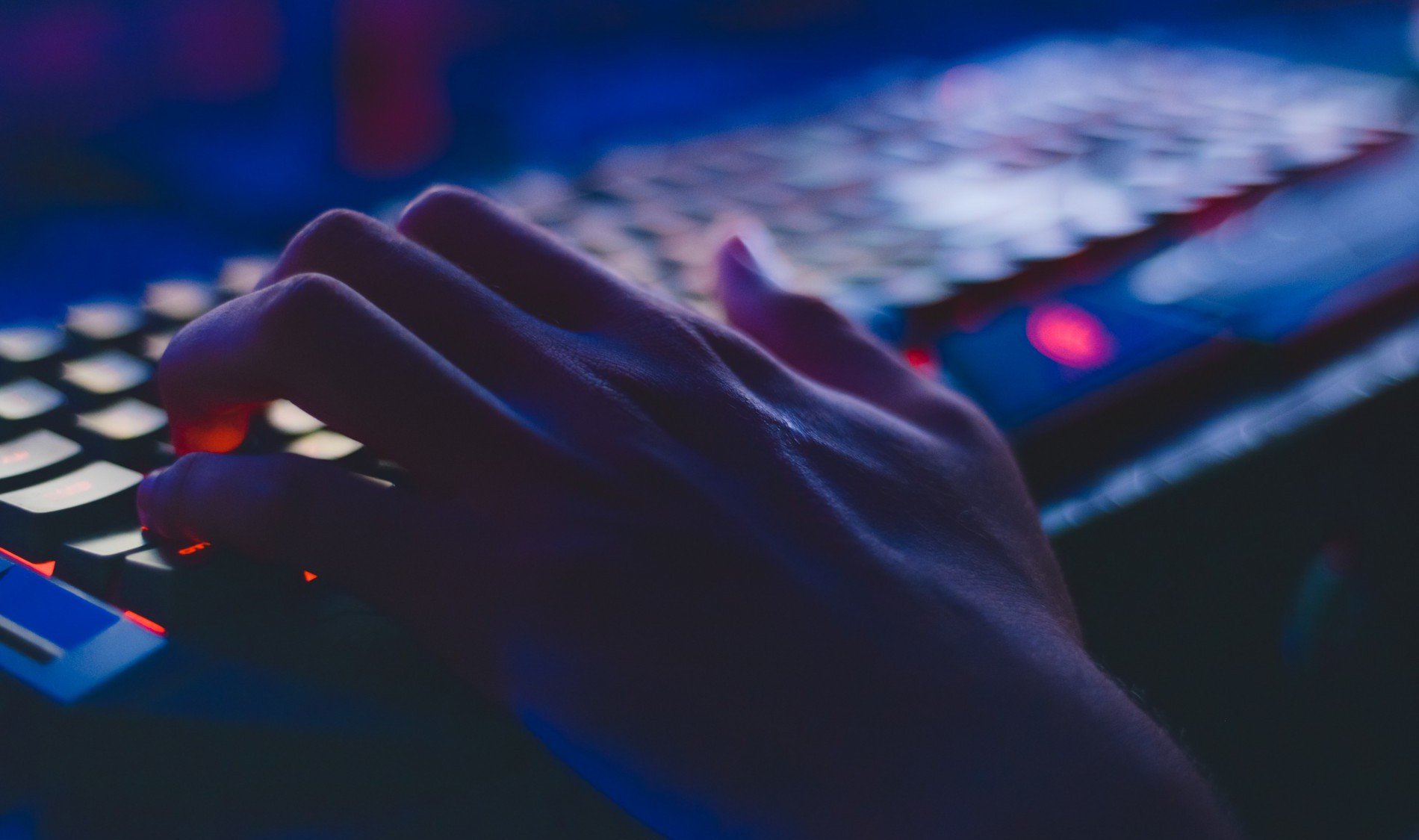-

- 13 Jul, 2020

Author: Anja Kovacs
The article was first published in Medium, May 28th 2020. The views are of the individual author.
What is the harm in linking digital wallets to India’s unique biometric ID Aadhaar?
None, many people would argue.
But Poornima*, a transgender activist living in a big city in north eastern India, knows differently.
Among the trans people she works with, many engage in sex work and rely on the popular Indian digital wallet Paytm for payments. Wallets that, until 2017, gave no insight into their working lives.
Enter Aadhaar.
Following a strong policy push by the government, this randomly generated 12 digit digital ID was made mandatory over a few short years in order for residents to access state benefits, welfare subsidies, and to file taxes. In 2017, linking digital wallets like Paytm with Aadhaar also became compulsory for a while. And sex working communities like Poornima’s were concerned.
Gender is among the data collected when registering for Aadhaar, with three gender options always provided. In some ways, the recognition of more than two genders on official government forms is a wonderful thing. But the fact that this data is collected can also pose a risk. For many trans people, job opportunities are severely restricted, and sex work is often one of the few options available. The authorities know this too.
So as the data on payments is linked to data on gender, Poornima and her colleagues fear that this might end up inadvertently visibilising their identities as sex workers.
This is a problem. Under Indian law, both soliciting and living off the income of sex work are crimes. And while many in the trans community are trying to earn a living through sex work, the government believes that what they need is ‘rehabilitation’, in order to live more ‘respectable’ lives. In this struggle over what is right, data becomes a crucial currency.
For communities that already live at the margins, the consequences of losing control over this data are devastating. In Poornima’s words: ‘It’s just another way for the state to control people — to control the activities they do and the kinds of expression they engage in.’
Read the full article here.